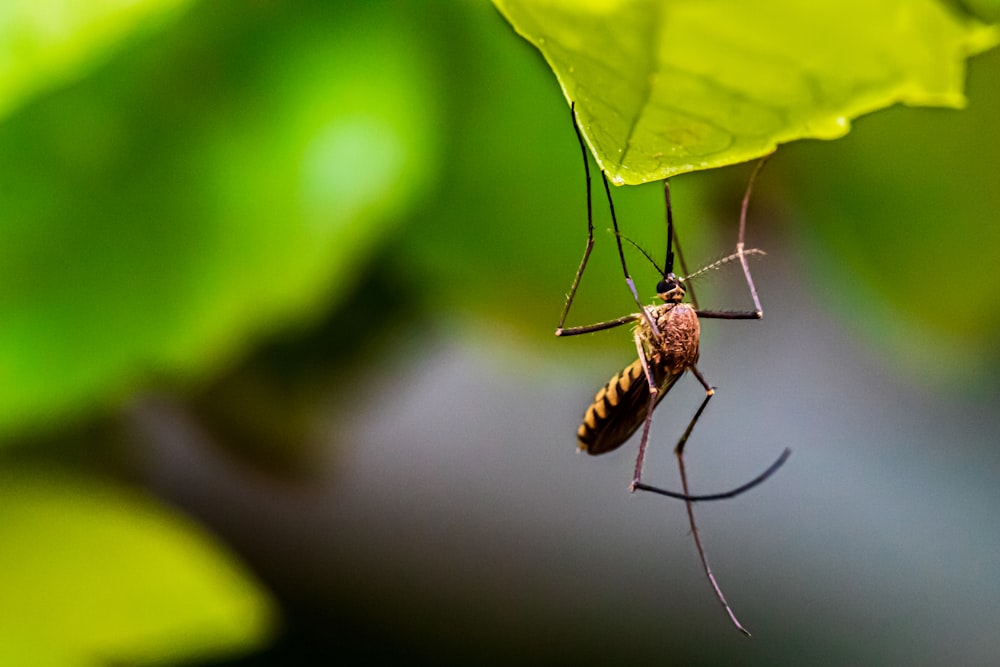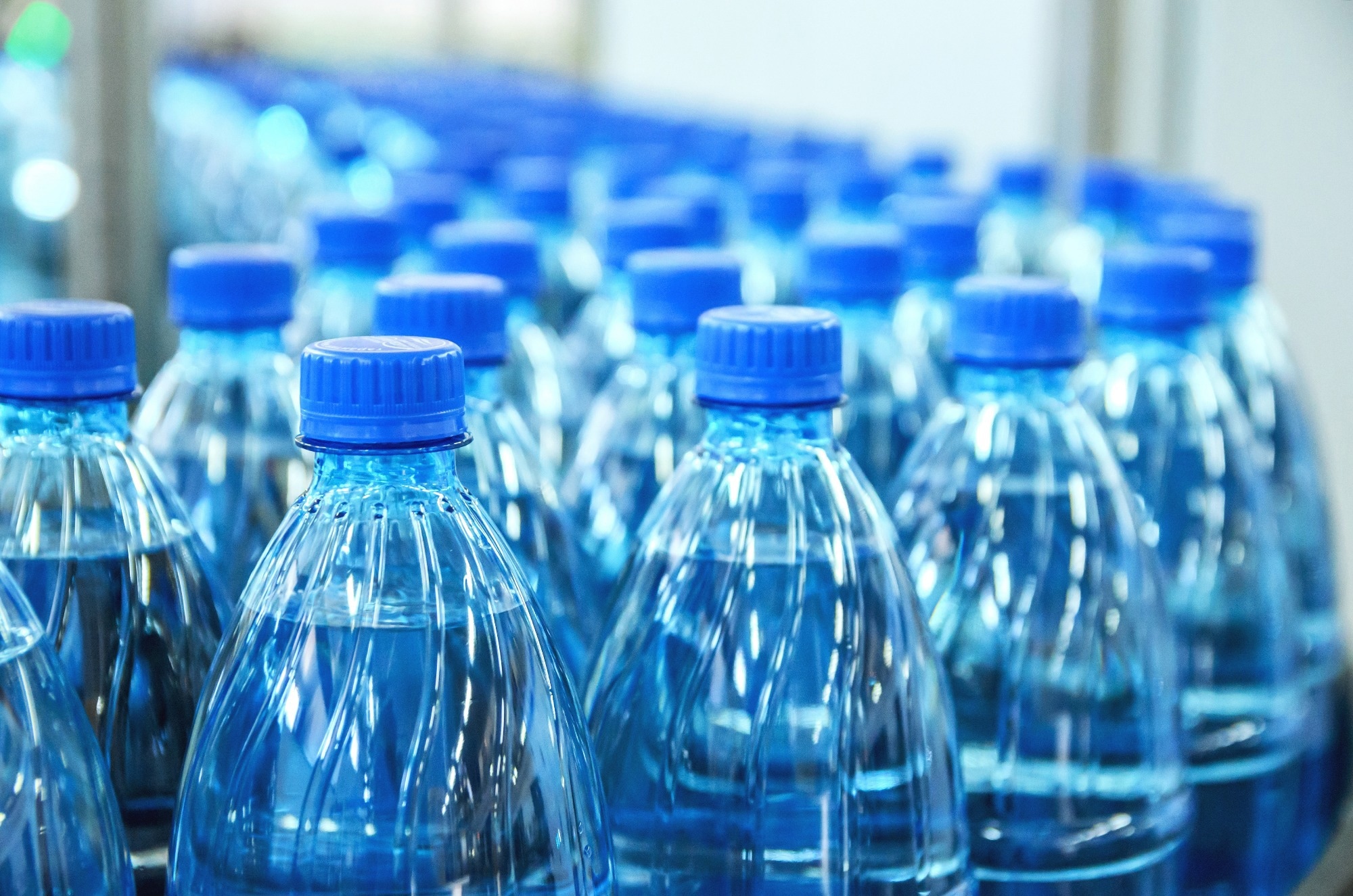
Image from bhg.com.au
We all sweat. When people want to limit sweating and smell better, they may apply an antiperspirant or deodorant. It’s common to apply antiperspirant in the morning. We might expect that it works immediately and then the effect wears off. But let’s think twice about that.
According to the American Academy of Dermatology, the best time to apply an antiperspirant is before bedtime. The active ingredients of antiperspirants, including aluminum-based compounds, may work better when they have a chance to work overnight. These compounds work by plugging the pores of sweat glands to reduce moisture. Your body naturally sweats less at night, and the body’s sweat glands are more receptive to antiperspirant ingredients and can more effectively absorb them when the armpit is dry. Additionally, applying at night will give the antiperspirant the 6-8 hours it needs to fully plug the sweat ducts.
So, if you want the full benefit of antiperspirants, apply them at night for the best performance the following day. Strange but true! It’s worth it to Think Twice!
Links:

